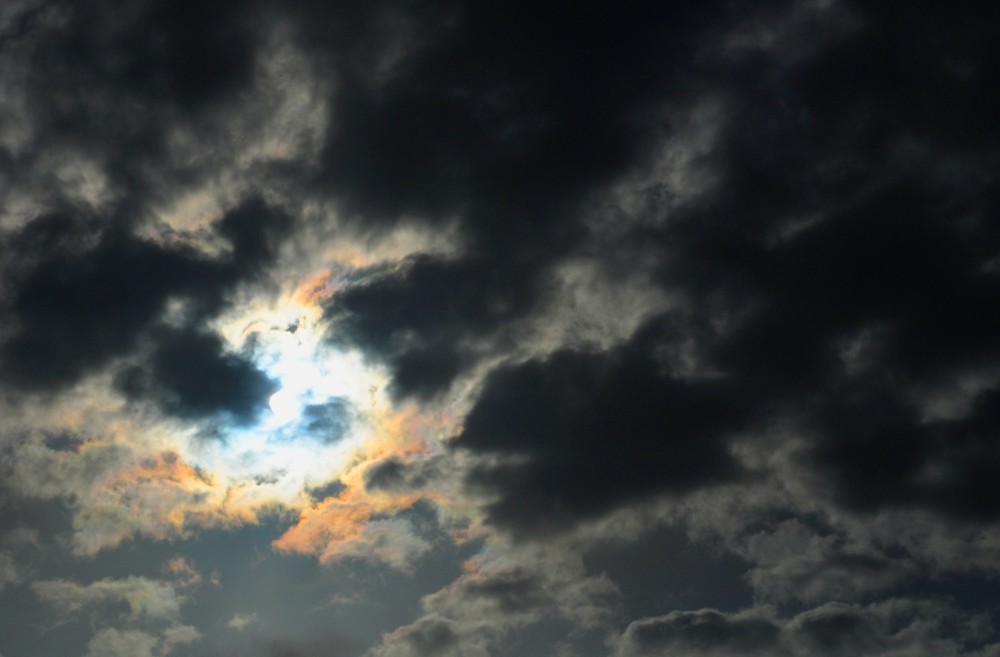High anxiety: The terror of the dark unknown
Fear thrives in the face of the unknown. It is often beyond words and images; it is a physiological response to silence, darkness, tomorrow. It is almost always about death. You can't live in fear, at least not for very long. But you have options. You can cope; you can flee; you can pray; you can turn the lights on and make faces at the monsters. Or, if you are of a particular temperament, you can fill in all the blanks with a tool that will scribble on the surface of any fear: anxiety.
Anxiety, too, thrives in the face of the unknown. Anxiety makes a graven image of it, artfully obscuring mystery with an infinite sketch of possible disasters. It leaves no potential tragedy unturned, no catastrophe unconsidered. In the absence of certainty, anxiety assures that the worst will happen. Anxiety may save you from abject fear, but at a cost: it is exhausting and depressing.
I was an anxious child. I could not bear to follow along as Alice descended into Wonderland; even after I learned the ending, I was sure she would not escape the surreal prison. Now I am an anxious adult. Big changes wear my nerves raw. The summer I got married, moved across the country and began seminary, I awoke many nights in the midst of full-blown panic attacks. Had I calculated the cost of textbooks into our budget? Would our car pass the California emissions test? Was I marrying the wrong man?





